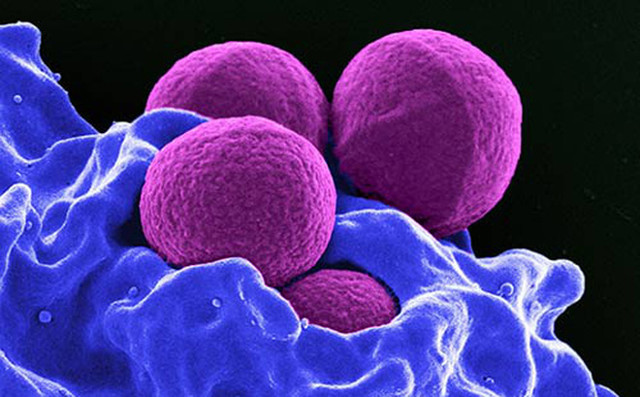NASA launched E. Coli into space to study antibiotic resistance of bacteria
To study the antibiotic resistance of bacteria, scientists will take E. coli, a common pathogen that involves urinary tract infections and foodborne illnesses to the ISS Dance Station.
The task of fighting E. coli (EcAMSat) is expected to be included in ISS on Orbitital ATK's Cygnus airship ship, along with a series of other scientific experiments and supplies for crew Expedition 53, Space site. com reported.

NASA said, antibiotic resistance can be dangerous for astronauts, especially in the environment of gravity decline has weakened human immune response. The task of fighting E. coli will investigate the impact of space, space, and flight on the antibiotic resistance of bacteria and its genetic basis. This test will test for two strains of E. coli, one with a strong resistance gene, and another with antibiotic resistance, then test the feasibility of testing on each bacterial group.
NASA said: "The results of this investigation may contribute to determining the appropriate dose of antibiotics to protect astronauts' health during long flight times and help us understand the effect. How antibiotics can change in a space environment.
Instead of being placed in a space station, this experiment will take place in a cubesat 6U, a small satellite with a volume six times the mass of a regular cubesat.
The basic scenario of the test procedure will begin four days after the release of the EcAMSat satellite by allowing the bacteria to grow initially freely and then after the hunger period, E. coli will contained in 48 vifluidic wells. These investigations aimed to identify "the lowest antibiotic dose needed to inhibit the growth of Escherichia coli (E. coli), a pathogen that causes disease in humans and animals", officials of NASA wrote in his experimental description.
See more:
- 3 antibiotic resistant viruses have almost no drugs to treat
- Drug-resistant bacteria greatly affect people living in nursing homes
- Bacteria are not far away, they live with you every day
You should read it
- ★ What is antibiotic resistance? Why is it dangerous?
- ★ The golden age of antibiotics is over, the immediate future will be a nightmare for humans
- ★ 10 reasons why antibiotic resistance is scary right now
- ★ How to use antibiotics effectively?
- ★ Using AI to develop super strong antibiotics that can kill antibiotic-resistant bacteria